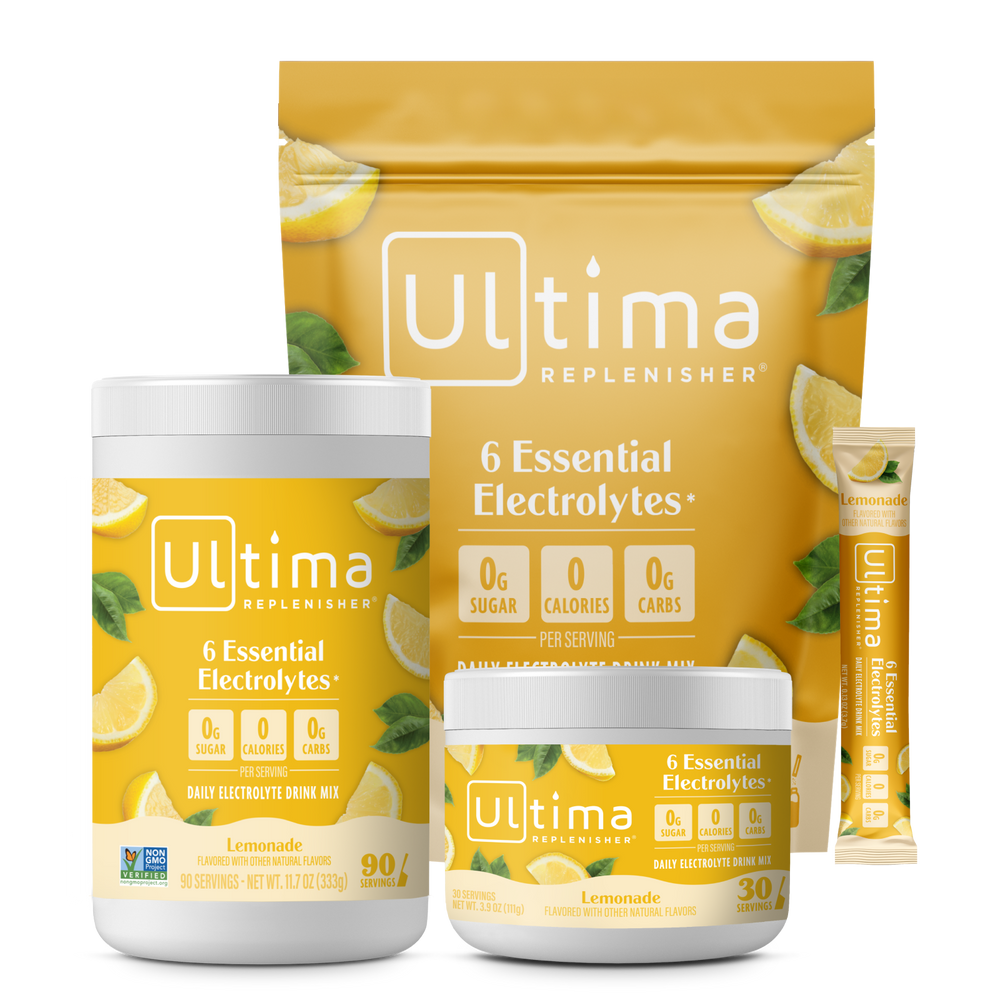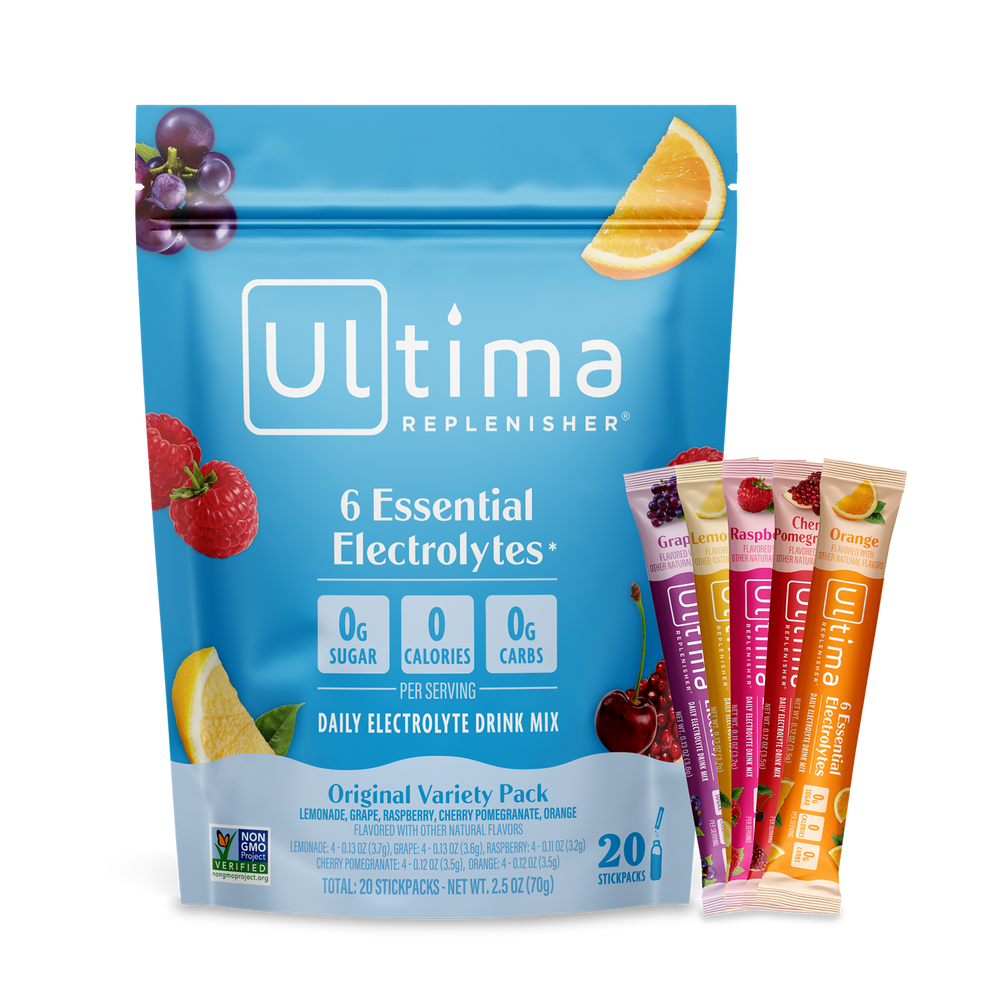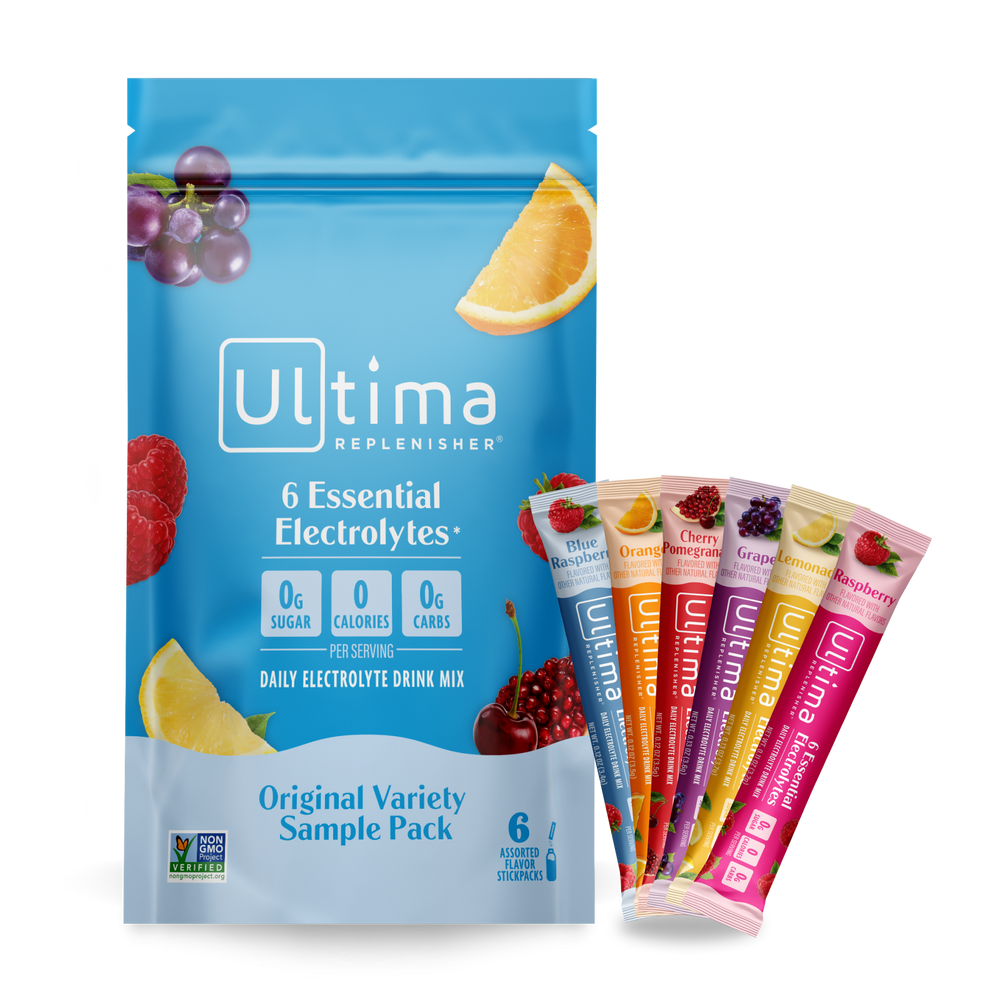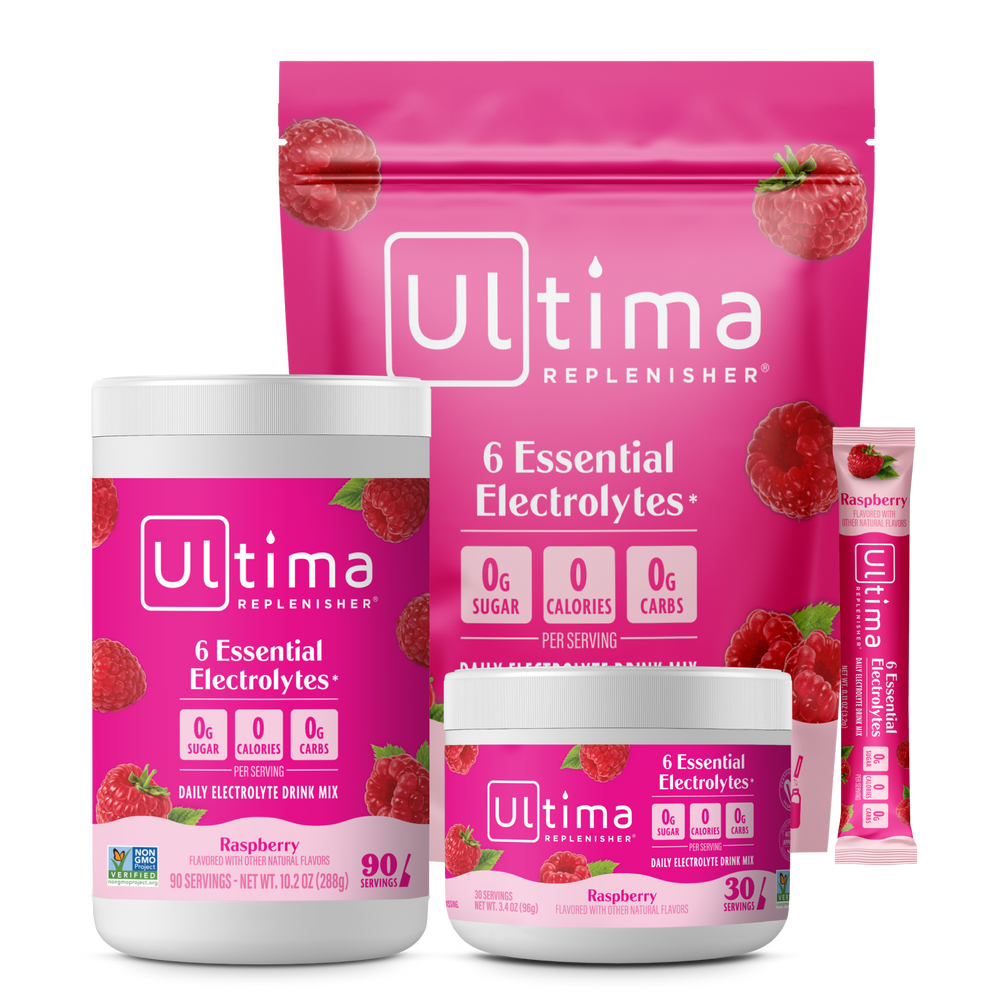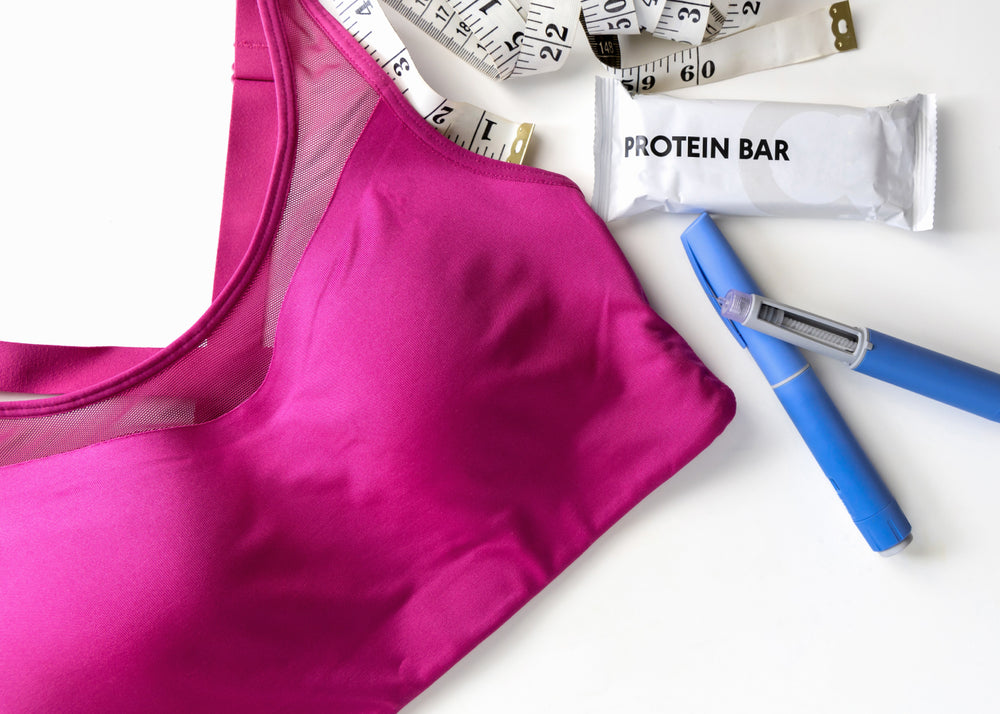
Why Hydration Is Vital when Taking Semaglutides for Weight Loss
If you’re taking or considering taking some of the semaglutide-based weight loss drugs popular today you’ll want to also understand the important role of hydration.
Why Hydration Is Vital with Semaglutides and Weight Loss
Semaglutides work by mimicking a hormone called GLP-1. This hormone naturally plays a role in regulating appetite, sending signals from your intestine to your brain to release more insulin into your bloodstream to make you feel full. The medication works by triggering that signal to reduce hunger and cravings.
Why hydrating intentionally is important
Because semaglutide medications can suppress cravings and feelings of hunger, they can also affect your ability to sense thirst. So, you’ll need to hydrate more intentionally to prevent dehydration.
Dehydration can lead to fatigue and decreased energy levels, making it harder to stay active and exercise, which are important components of a successful weight loss plan.
By staying hydrated, you can:
- help your body metabolize the semaglutide so it’s as effective as possible
- help your kidneys filter waste and byproducts of the medication from your blood
- maintain your energy and prevent dehydration
- help prevent or ease constipation or digestive distress
Side effects of semaglutide weight loss drugs
Studies have shown that most people taking semaglutide drugs have mild-to-moderate side effects, mostly around gastrointestinal upset or nausea (see: Mayo Clinic and Nature). But, some of these side effects may be controlled by changes in diet and hydration as you adjust to the medication.
Since 20% of our hydration comes from the food we eat, if you’re eating less, you may not be getting enough water and electrolytes, which are essential for proper muscle, nerve and other body functions. It’s recommended to eat lean proteins, vegetables, fruits and healthy fats when taking semaglutides, though you may have to ease into certain foods that could trigger stomach upset, like fiber-rich fruits and vegetables.
If you’re eating foods containing sugar or high in fat, the effect on your digestive system could be worse, leading to diarrhea and vomiting that could further dehydrate you.
Talk to your doctor about these potential side effects and how to avoid or limit them. If you do have severe digestive upset, diarrhea or vomiting be sure to call your doctor because an everyday electrolyte drink won’t be enough to rehydrate you.
Keys to Eating and Drinking While on Semaglutide Weight Loss Drugs
Eating foods that take longer to digest may make side effects associated with semaglutides worse, since semaglutides are known to delay digestion. When you eat foods high in sugar or fat, their impact on your digestive system can intensify, potentially leading to diarrhea and vomiting. These conditions can increase the risk of dehydration, making it important to choose your food wisely to manage these effects. Some tips doctors and other experts suggest include:
- Eat water-rich foods – Generally, foods rich in water like cucumbers, zucchini, and watermelon are easier to digest, plus they help hydrate you. Choose lower fiber, water-rich foods at first, until you get used to being on a semaglutide.
- Be careful with high-fiber foods – You may want to introduce high-fiber foods slowly as you adjust to your medication, especially if you experience digestive side effects from the medication.
- Avoid or limit caffeine and alcohol – Both can be dehydrating and contribute to stomach or digestive upset. Be aware too, that you may become more sensitive to the effects of alcohol and feel drunk faster.
- Limit sugar and avoid artificial sweeteners and sugar alcohols – Sugary foods and drinks can add to your digestive symptoms and many artificial sweeteners and sugar alcohols are known to cause GI distress too. Since you are eating less on this medication, you want the food and drinks you do consume to have nutritional value.
- Eat and drink in smaller portions – Eat less food more frequently, and hydrate in sips throughout the day rather than drinking 16 ounces at a time. Keep a water bottle with you to make this easy. Many Ultima lovers leave their home with a 32-ounce water bottle and their favorite electrolyte mix stickpack.
- Stay away from foods that irritate your stomach – Since the weight loss medication will likely cause some nausea or stomach upset, avoid foods and drinks that you know can be an issue for you, especially at first. This might include coffee, dairy, greasy foods, spicy foods, calorie-dense foods and hard-to-digest proteins.
- Make sure you’re replenishing electrolytes – Normally, we can replenish most of the electrolytes our body uses through food. But if you’re not eating as much food, you’re taking in fewer nutrients. A zero-sugar, zero-calorie electrolyte drink can help. Ultima’s electrolyte mixes contain 6 vital electrolytes instead of just one or two, and there are no artificial sweeteners, dyes or flavors.
Keep in mind that because semaglutides trigger the release of insulin, which converts sugar from food into blood glucose, if you’re not eating enough, you could then be at risk of low blood sugar. This is called hypoglycemia and could leave you lightheaded and dizzy. Call your doctor if this occurs as you might need to adjust your dose.
You’ll want to get as many nutrients as you can, so consider working with a nutritionist to find the right balance in your diet. This can help you find a healthy balance while you’re on the medication and have a plan for when you hit your weight loss goals and stop taking the medication.
Whatever way you choose to stay healthy and feel your best, just stay informed and hydrated.
